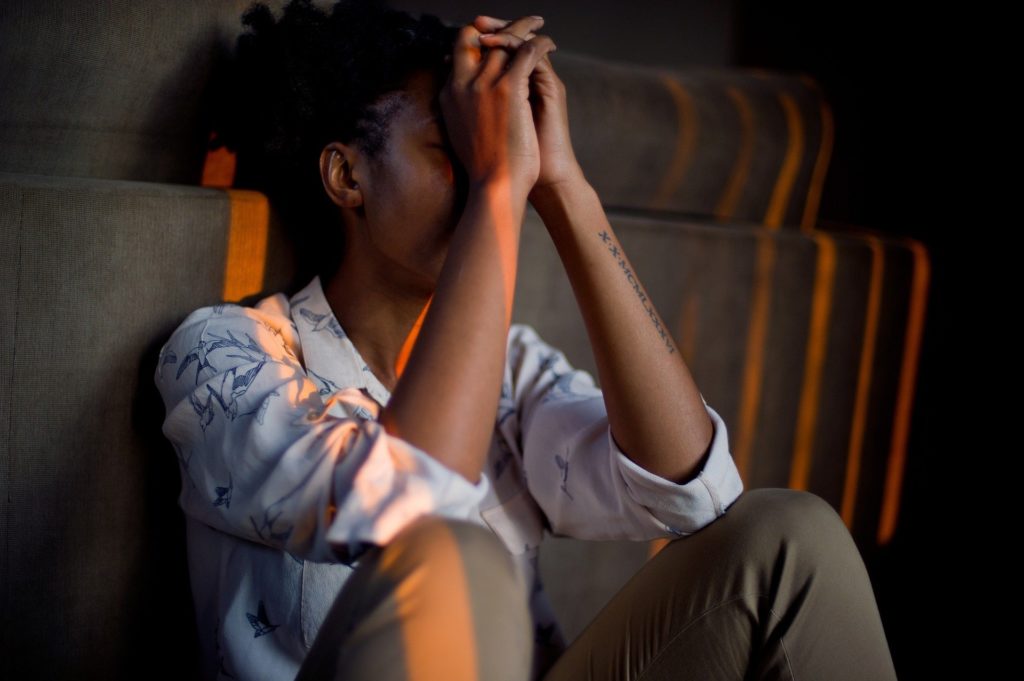Written by: Peter Lazar, LCSW
August 14 of 2004 was just another sweltering summer day in New York City and we were approaching the third anniversary of 9/11. It was around 90 degrees; the kind of day that just a few minutes walk from the subway to work would render anyone a heap of sweat. On a day like that, ice and air conditioning are not taken for granted.
At the time, I was working for an Employee Assistance Program firm that provided amongst other services, psychological counseling and resources for client company employees. For anyone seeking those services, they would call the hotline, and were greeted on the other end by a licensed clinician.
I had finished a long shift working the hotline when at precisely 4:10 PM, the power cut out. At first, my colleagues and I were a bit confused about what was happening. Thinking that the power was out just on our floor, we quickly learned that the building was dark and we needed to leave. We made our way down 21 flights of stairs to reach the street and it was then we discovered the entire city was dark. At that moment, we certainly didn’t know that this would hold true for most of the Northeastern United States and parts of Canada.
In 2004, there was barely any internet and certainly no smartphones. There was no way for us to know the cause until one could get their hands on a battery-operated radio. Walking up Second Avenue, I could see a sense of panic in other’s eyes. As we were literally and figuratively in the dark, the city was eerily silent as we awaited, well, anything really. Was this a routine summer power outage or were we under attack again? We later found out that the cause was a software bug in the alarm system of an energy company’s control room in Eastlake, Ohio.
The blackout lasted just a week, but little did we know that the impact would reach further than our collective experience of that day. Within just a few weeks, the hotline filled with calls from New Yorkers complaining of anxiety, restlessness, irritability, and medicating behaviors such as increased alcohol consumption.

It wasn’t a stretch to see that these people were experiencing symptoms of Post Traumatic Stress Disorder (PTSD) and needed professional help. At our clinical team meetings where we reviewed these cases, a pattern began to emerge. We realized they all had something in common: they were in or near New York City during the attack of 9/11, and these people did little to nothing to deal with the emotional aftermath.
This is not an uncommon phenomenon. People who lived through the Great Depression developed money-related disorders, such as hoarding behaviors. Another example would be Holocaust survivors, many of whom subsequently exhibited severe anxiety and hyper-vigilance. Given what we now know about the epigenetic aspects of trauma, we also saw many of these behaviors in their descendants. There is no doubt that when the veil lifts on the COVID-19 pandemic, we will experience an emotional reckoning, and those in the mental health field need to be prepared.
University of CA, Irvine professor of psychology, Roxanne Cohen Silver, Ph.D., believes that various factors will determine an individual’s response to the pandemic.
“Decades of psychological science on collective traumas indicate that individuals’ responses are likely to be based on several factors. These include their pre-pandemic circumstances and resources—prior exposures to adversity, physical and mental health vulnerabilities, and economic and social supports.” She goes on to say, “One must also consider exposures encountered during the pandemic: Did a family member get sick or worse? Did the person lose a job or health insurance? Was the individual an essential worker whose actions ensured others’ well-being?” (1)
All this to say, for any mental health professional, now is the time to at least familiarize oneself, if not receive proper training in the assessment of trauma & PTSD. For we have been and will continue to be humanity’s “Last Responders.” We are the place for people, when after the body may have healed, the spirit still has a ways to go. Fortunately, there are plenty of continuing education and training opportunities from which one can choose. Equally, if not more fortunately, humanity has proven time and again our resiliency through its myriad of challenges and calamities.
- https://www.researchgate.net/profile/Roxane_Silver/publication/34265310_Surviving_the_trauma_of_COVID19/links/5f54339d299bf13a31a4dd84/Surviving-the-trauma-of-COVID-19.pdf
About the Author

For over 20 years I have made it my mission to help people who struggle with the things that hold them back from living happy, valuable, and productive lives. In addition to my longstanding commitment to the treatment of addiction & co-occurring mood disorders, I have expanded my practice in the New York Metropolitan area to include the particular challenges of the divorced single parent, as well as addressing individual dilemmas in the workplace. Cognitive Behavioral Therapy, & various other informed treatment approaches are the cornerstones of my work. I am recognized nationally for my understanding of treatment options & I gladly serve as a resource.
I have presented at the Cape Cod Symposium on Addictive Disorders, and I have been a guest lecturer at Boston College, Adelphi University, and the Institute For Addiction Studies at National Counsel on Alcohol and Drug Dependency (NCADD) Westchester County, NY.
Peter Lazar, LCSW, serves as an advisor to the leadership team of TPN.Health.
